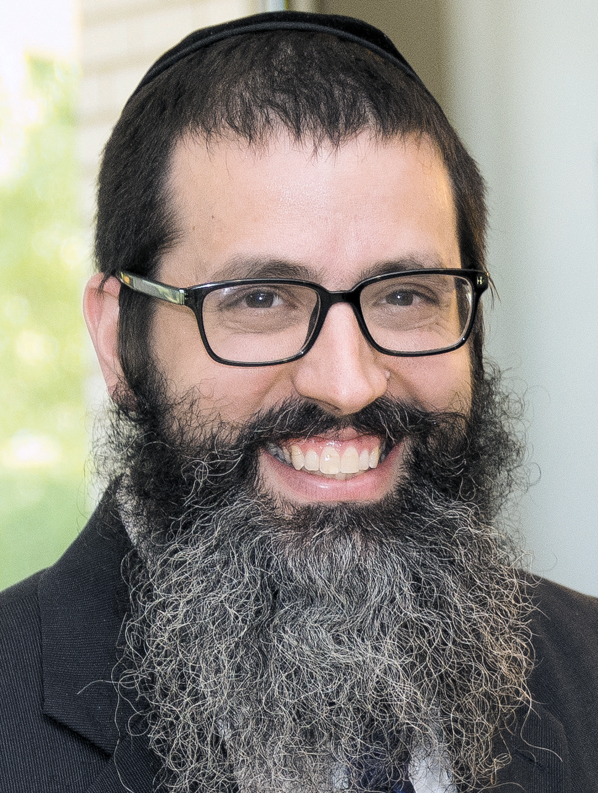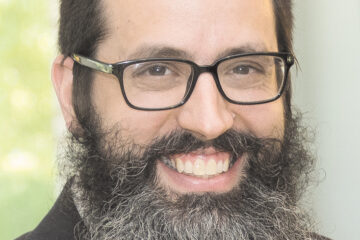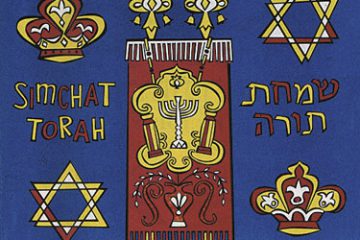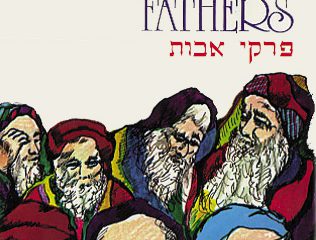In God’s presence

By Rabbi Levi Simon, Chabad of Greater Dayton
“Modeh Ani, I offer thanks to You, living and eternal King, for you have mercifully restored my soul to me, your faithfulness is great.”
These words are so important that they are the first words we utter every morning — while still in bed — and it is one of the first things that we teach our young children when we introduce them to Jewish prayers.
Although we speak 15,000 words per day on average, these first few words hold a disproportionate significance: they are the foundation and start of what we would like to accomplish this day.
Just as our eyes open, we take the time to realize that we are in God’s presence and hope to keep this conscious thought throughout every moment of the day, whether in school, at work, or wherever the day brings us.
The Lubavitcher Rebbe explains that with insight from Chasidic philosophy we gain a perspective on how we can accomplish this.
Chasidus explains that this short, simple prayer of thanks comes from one’s essence.
It is said without contemplation, without awakening the love and awe of God that are always hidden deep within one’s heart. It’s even said before one’s full mental and emotional faculties are fully functioning, before being refreshed with a hot shower or morning coffee.
Our essential connection to God expressed in the Modeh Ani is not dependent on one’s deeds, knowledge, or level of observance. This is the reason that none of God’s names are mentioned in it.
With this insight, we gain a much greater appreciation for the prayer. We are not only thanking God for life but for returning the soul — a soul that is part of God in us.
The sages of the Talmud teach us that this short prayer also contains many more life lessons.
Life Lesson One: Simply, we must express our gratitude to God and to others, and it should be done right away.
God’s gift of life by granting us another day must be recognized and acknowledged right in our first conscious moments.
Life Lesson Two: When one has something to offer, whether a material object, knowledge, or words, we must not keep it to ourselves but must share it, even though this belongs to us.
Our soul that God has refreshed and restored does not belong to us.
Nevertheless, each day God gives us the opportunity anew to accomplish so much with it through fulfilling the mitzvot (commandments) and Torah.
Life Lesson Three: Faith in the coming of Moshiach (Messiah). Our morning restoration is an allusion to the Days of Moshiach when God will resurrect the dead. Sages tell us that sleep is 1/60th of death; just as God has given back our soul in the morning after sleep, so too will God faithfully restore life to the dead in the future.
So, when you wake up in the morning and your soul is returned to you to see another day, give thanks. Start your day with a prayer, recognizing God’s faith in you. He trusts you enough to give you a precious soul. Use it gratefully and well.
To read the complete July 2019 Dayton Jewish Observer, click here.





